Xi Jinping reaffirms deepening strategic partnership with Russia ahead of key SCO meetings
Chinese President Xi Jinping has reiterated his commitment to expanding the comprehensive strategic partnership between China and Russia during a high-level meeting with Russian Foreign Minister Sergey Lavrov on July 15. The bilateral engagement, which took place in the Chinese port city of Tianjin, was part of a broader diplomatic effort surrounding the upcoming Shanghai Cooperation Organization (SCO) Foreign Ministers’ Council session.
According to a statement from the Russian Foreign Ministry, Xi lauded the strength and stability of the Sino-Russian relationship and reaffirmed Beijing’s intention to build deeper ties across political, economic, and security spheres. He expressed anticipation for Russian President Vladimir Putin’s upcoming state visit, describing their relationship as one rooted in a “long-standing and good friendship.”
The timing of Lavrov’s visit to China – and the reaffirmation of unity between Beijing and Moscow – carries significant geopolitical weight. With mounting friction between Western powers and both Russia and China over a range of issues including the war in Ukraine, Taiwan, trade, and global security realignments, the message from Tianjin underscores a calculated assertion of multipolar cooperation.
President Xi’s remarks signal a firm stance against Western efforts to isolate Russia diplomatically. “Our two countries have maintained close coordination on international and regional issues,” Xi reportedly told Lavrov. “We will deepen strategic mutual trust and continue to stand together in safeguarding true multilateralism and global fairness.”
Though specific international and regional topics were not disclosed in detail by the Russian Foreign Ministry, analysts suggest that the evolving situation in Ukraine, NATO expansion, Taiwan Strait tensions, and coordination within the BRICS and SCO frameworks likely topped the agenda.
Lavrov’s talks with Xi were also focused on logistical and political preparations for President Putin’s upcoming visit to China. Putin is expected to attend the SCO Heads of State Council summit on September 1 – the highest decision-making body within the bloc – which will be followed by commemorative events on September 3 marking the 80th anniversary of Japan’s defeat in World War II.
The planned joint participation in the WWII victory commemorations is particularly symbolic. For both nations, historical memory serves as a tool of statecraft – reinforcing narratives of resistance against Western imperialism and fascist aggression. Russia and China have frequently criticized what they call “historical revisionism” by Western countries, and these shared commemorations offer an opportunity to solidify ideological unity and historical legitimacy.
Prior to meeting President Xi, Sergey Lavrov held discussions with his Chinese counterpart Wang Yi. Both ministers affirmed that the Sino-Russian relationship is “the most stable, mature, and strategically valuable major-country relationship in the world,” according to a press release issued by China’s Foreign Ministry.
Wang emphasized the “no-limits” nature of the partnership that was declared during Putin’s February 2022 visit to Beijing – just weeks before the full-scale Russian invasion of Ukraine. Despite global criticism and the imposition of sanctions on Russia, Beijing has maintained steady economic and diplomatic ties with Moscow, including increased energy imports, joint infrastructure projects, and parallel diplomatic initiatives in regions like Central Asia and the Global South.
“China and Russia uphold the principle of non-interference in internal affairs and defend each other’s core interests,” Wang added during the meeting. “We are committed to promoting global stability through balanced and fair multilateralism.”
Lavrov’s visit coincided with the July 15 meeting of the SCO Foreign Ministers’ Council in Tianjin, which brought together the top diplomats from member states, including India, Pakistan, Kazakhstan, Uzbekistan, Kyrgyzstan, Tajikistan, and Iran – the organization’s newest full member.
The Council’s agenda includes discussion of the SCO’s strategic trajectory and its role in counterbalancing Western dominance in global affairs. Key topics include regional security, trade integration, counterterrorism coordination, and digital infrastructure development.
Founded in 2001, the SCO has gradually evolved into one of the most significant regional blocs, particularly in Eurasia, with a combined population exceeding 3.2 billion. In recent years, it has gained prominence as a forum for dialogue among countries skeptical of the U.S.-led global order. China and Russia, the group’s dominant players, have used the SCO to push for alternative security frameworks and economic models that challenge Western-led institutions like NATO and the G7.
Lavrov, representing Russia, is expected to advocate for expanded military-technical and energy cooperation within the SCO framework, while China is reportedly interested in promoting its Belt and Road Initiative through deeper economic connectivity among member states.
Xi’s warm welcome to Lavrov and the reiteration of mutual strategic commitment reflect more than just bilateral camaraderie. It signals to the international community – particularly the West – that China is not retreating from its alignment with Russia, even amid ongoing sanctions, economic headwinds, and military conflicts.
At a time when the United States and its allies have sought to decouple from Chinese supply chains and isolate Russia economically and diplomatically, the deepening China-Russia axis may represent a durable counterweight. The SCO serves as an institutional platform through which this alignment is projected regionally and globally.
The continuation of this partnership, despite considerable international scrutiny, raises questions about the future of global governance, multilateral diplomacy, and the prospects for a truly multipolar world.
As President Xi noted during his meeting with Lavrov, “In the face of profound global changes unseen in a century, China and Russia will firmly support each other, promote the building of a new type of international relations, and contribute to the building of a community with a shared future for mankind.”
With President Putin’s visit to China now on the horizon, and the SCO summit set to bring multiple Eurasian powers to the same table, the coming weeks are likely to yield further developments in what is shaping up to be one of the most consequential alliances of the 21st century.
Please follow Blitz on Google News Channel
Is a senior journalist.
xi-jinping-reaffirms-deepening-strategic-partnership-with-russia-ahead-of-key-sco-meetings

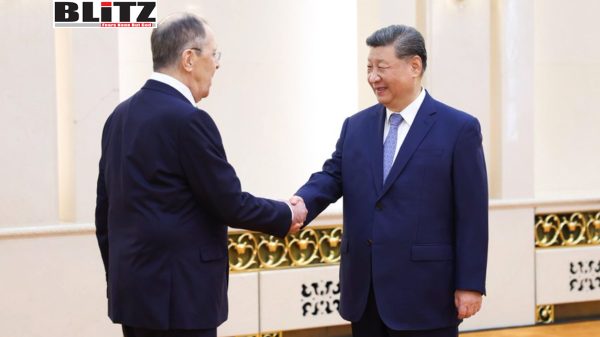
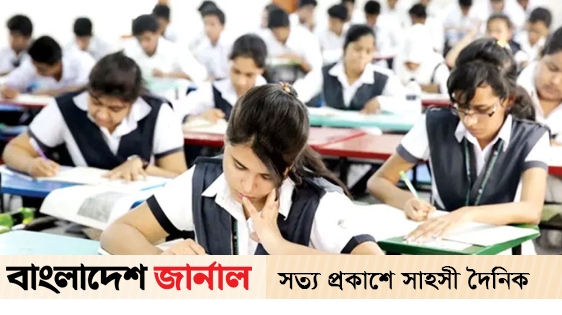


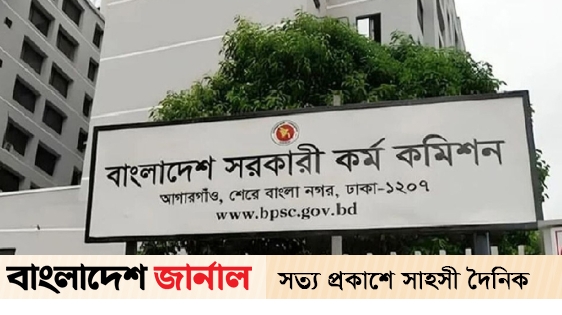
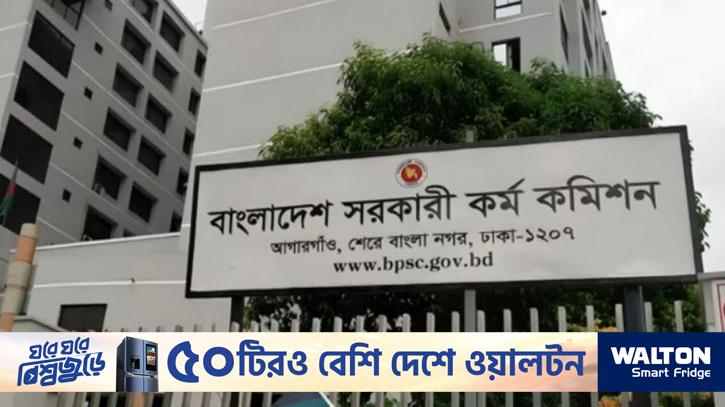
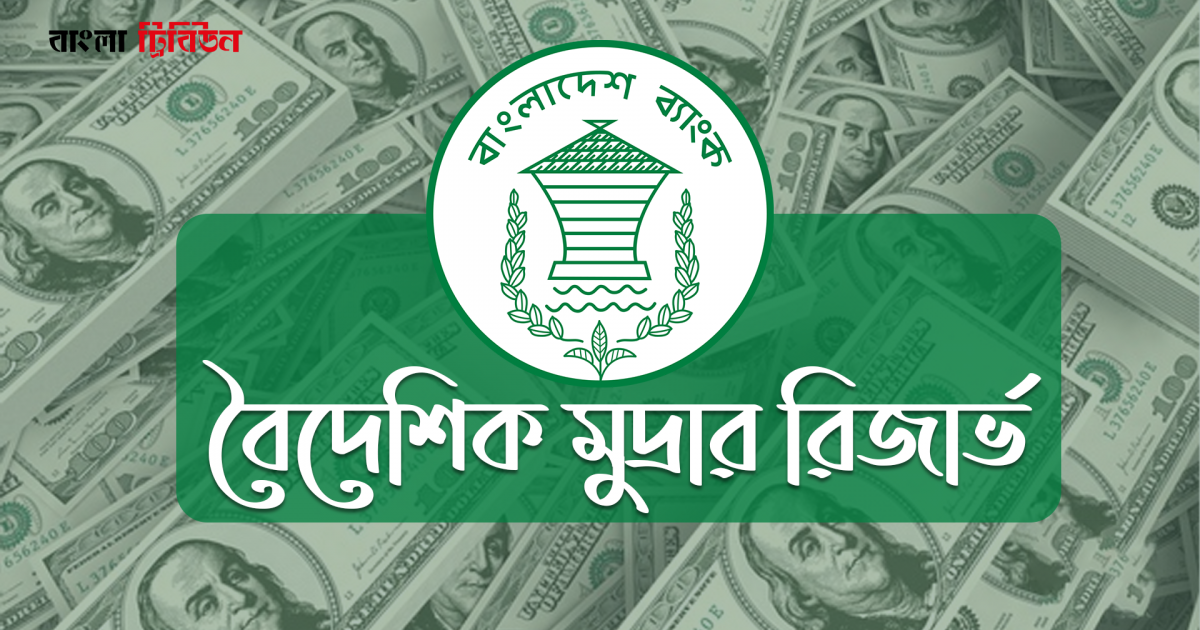
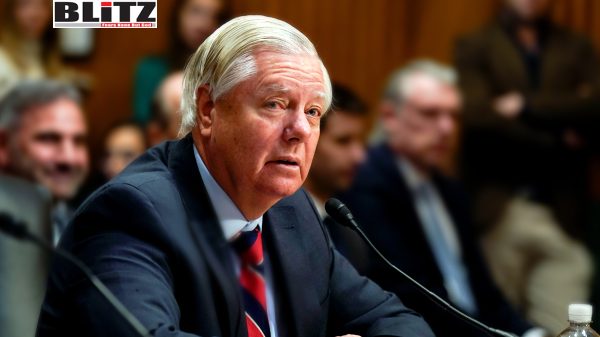
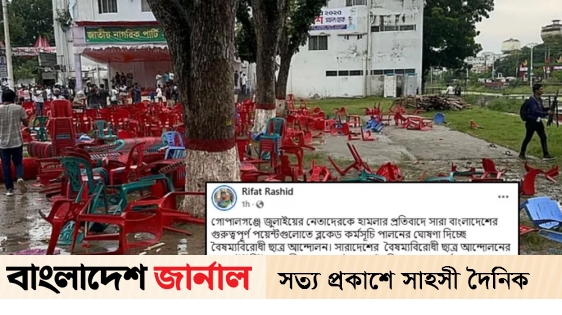

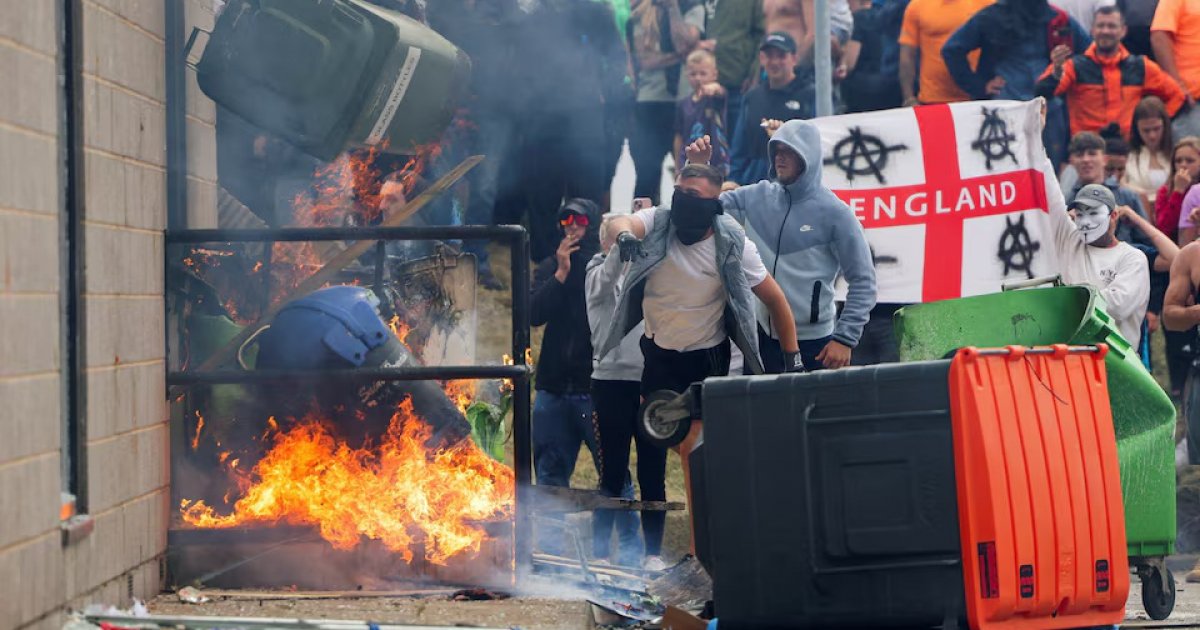


Leave a Reply